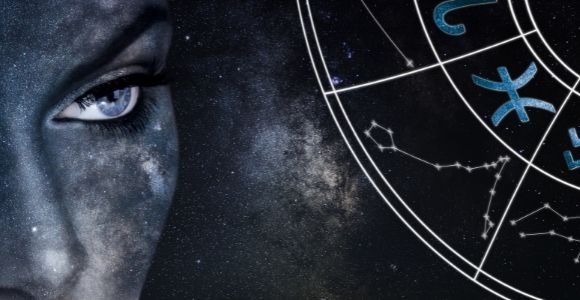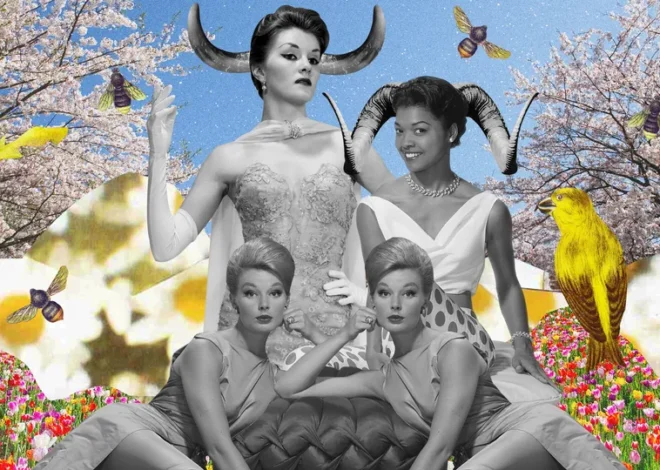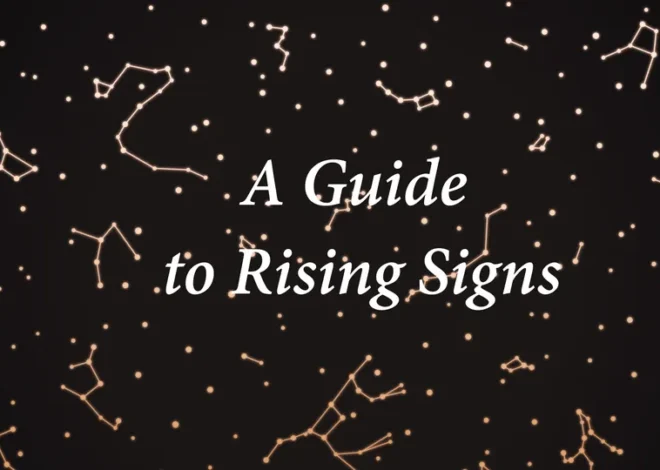
Will Science Accept Astrology?
Astrologer wonders why anyone is still asking this question
Will science accept astrology? That question was recently put forth in an online piece I read, which in turn led me to ask: “why are we still asking this question?” Or “does it matter?”
Truth is, that question has been asked since the day I stepped foot into the world of astrology, some 47 years ago. In 1974-75 the year I committed myself to the study and practice of this ancient art, my family, all of whom were scientific-minded academics, sent me a piece from The Humanist magazine citing that 186 scientists signed a petition condemning astrology. This is reminiscent of something the Church would do, centuries ago. But in the late 20th century, why do scientists need to condemn astrology, a subject that has never claimed to be a science in the first place?
And yet, at one time, the two disciplines were very much joined.
Certainly, there are some comparisons one can make between astrology and science, but it is almost solely from the astronomical arm of astrology—planetary cycles, orbits, aspects, eclipses, etc. Precise timing is a function of this part of astrology. We know, down to the second, when a planet will ingress into a new sign 50 years from now. That won’t change. That’s the science part. But the other part of astrology is an art, the art of interpretation.
Also, there is a third factor that is often overlooked—the client’s ability to exercise their free will. An astrologer might prognosticate an impending calamity of sorts. Knowing if the client is using their conscious abilities correctly and can either avoid it or anticipate the arrival of a particular transit and will allow them to make decisions with foresight, then that’s another matter.
Astrology as an art, as a symbolic language, resides in the archetypal world where dreams, myth and archetypes exist.
If astrology (or astrologers) claim to be infallible, asserting that they can get an exact outcome from a planetary configuration, they will be in for a surprise. Prediction in astrology is the result of weighing multiple factors before a prognosis can be delivered. And then there’s still room for nuance in interpretation.
But back to science. I believe in it and I also believe in astrology. Is that so strange? Not at all. I’m not asking astrology to operate under the laws of physics. Because it does not. It is part of a mysterious force that exists as part of a larger pattern or fabric of the universe that no one can name.
Now, go ask a scientist if they believe in astrology. They are as likely to laugh in your face while not missing an opportunity to publicly shame you—all this without having the slightest clue about how complex it is. And in most cases, they have never picked up even one book on the subject.
Astrology wraps many disciplines into its practice—astronomy, mythology, psychology, philosophy, geometry. The modern practitioner of astrology is composed of a diverse and widely varying backgrounds, sometimes a software engineer, a statistician, a story-teller, a psychologist, a gifted intuitive, a spiritual coach, a shaman and a good astrologer possesses the ability to synthesize many of these disciplines and variables into their consultations.
On the other hand, science doesn’t try to answer multiple questions at one time—they are typically working with one set of parameters to prove a point. Astrologers are taking into consideration many factors to deliver one interpretation. The Moon may be full in Leo once a year and that means something. But rarely is it also in a stressful T-square with Uranus in Taurus and Jupiter and Saturn in Aquarius while it is shining full in Leo, which is the pattern observed in June 2021. Again, more nuance is needed for that particular outcome with the full Moon in Leo. There are many more factors involved in ascertaining the meaning of the horoscope of a moment.
This is an argument that is long overdue to expire—that of astrology being a science or trying to assume it operates under the same principles as science.
So where does astrology reside? Is it in the realm of belief? For many, yes, it is a belief. Yet it still operates independently from whether one believes in it.
At a recent astrological conference, Maurice Fernandez addressed Astrological Possibilities in the 21st Century. One point that stood out was how many more in the age group of 29-42 are in the field now as compared to the number in 2015. Yes, astrology is sprouting seeds among the younger ones. I think of the generation born in the ‘90s and early ‘00s with Uranus and Neptune dancing in and out of Aquarius. This generation is into becoming astronauts and astrologers. How appropriate! Another symbolic reference that Aquarian energy is ripening for the new millennium. We then must figure out what Aquarius will demand of us. And how to respond to it.
Will it be accepted more widely as a sound system that receives professional prestige and recognition in the coming decades? I believe the answer is yes on two fronts. One, the human mind is expanding its capacity to incorporate a cosmological set of principles and understand the unity and connection of all things. Two, as astrologers keep honing their skills and delivering satisfactory results to their students and clients, it can only grow bigger and better. As we move into the era of the Air element for the next 200 years, which is just getting underway now, people will continue to ask questions they’ve never asked before. And they will find answers to these questions coming from an apparently ordered and intelligent cosmos that resonates strongly within them.
We dreamed ourselves into experiencing life in the hologram at a time when we can participate in expressing our personal beliefs into a larger collective belief. That we are all part of a greater cosmic pattern is becoming more and more a collective thought rather than a belief. Sure, it’s still a mystery of sorts. But astrology gives us a metaphoric language and symbol system that shows us how that fabric—the mystery of our own individuality as well as the mystery of the entire universe—is woven into the cosmic pattern.


